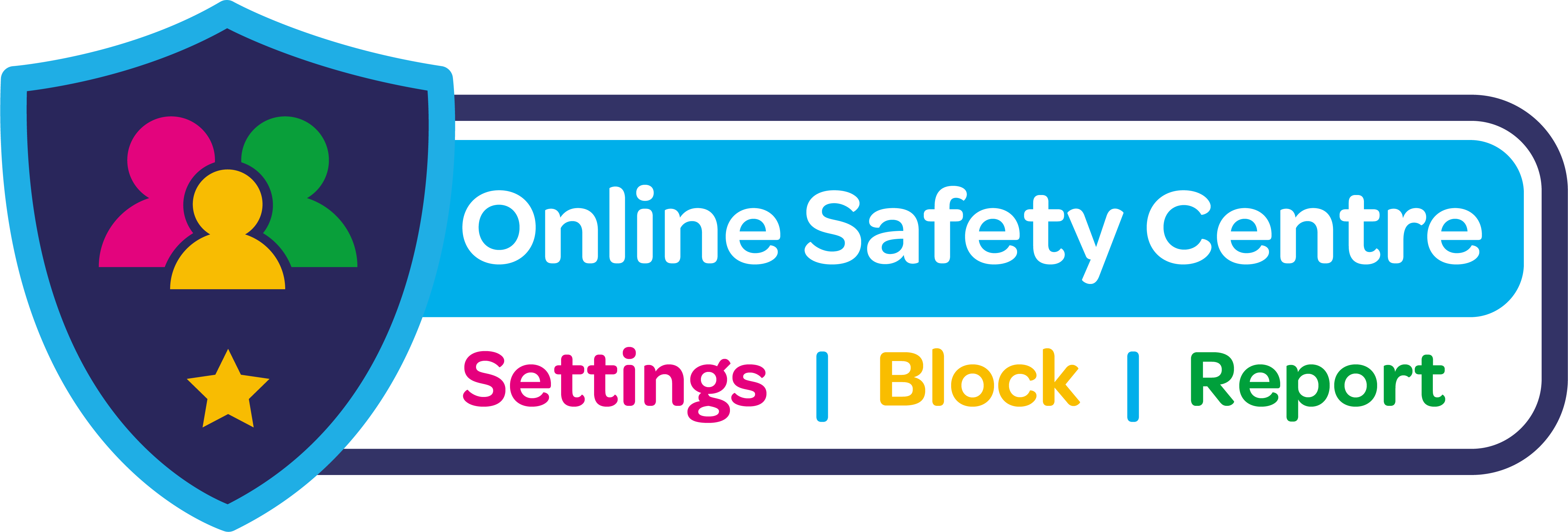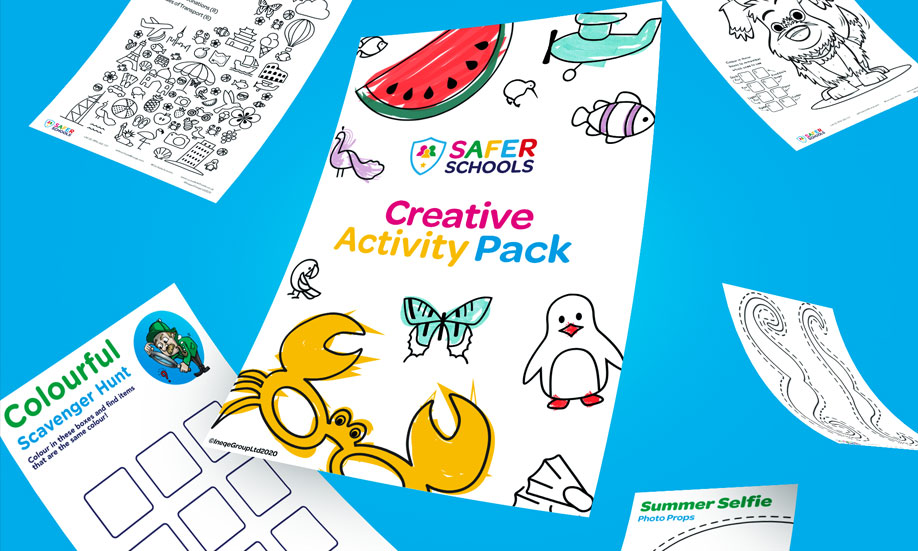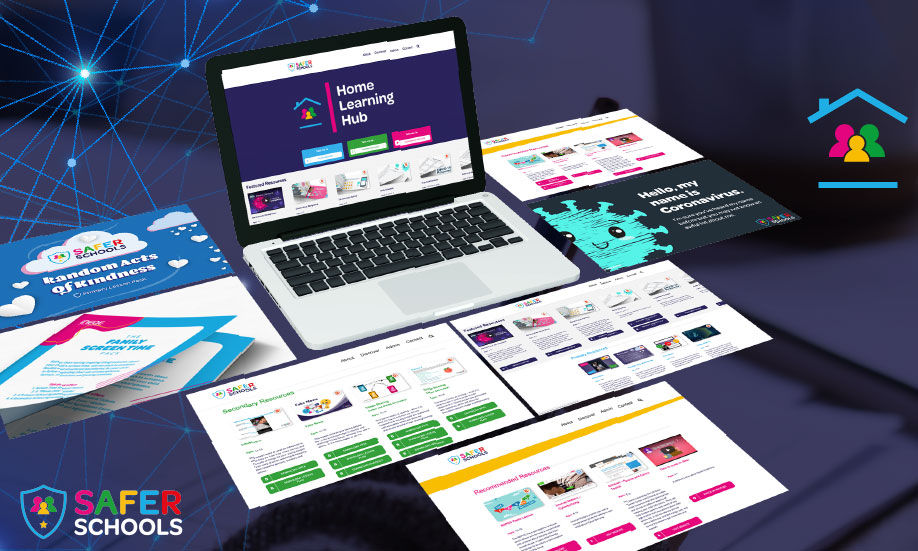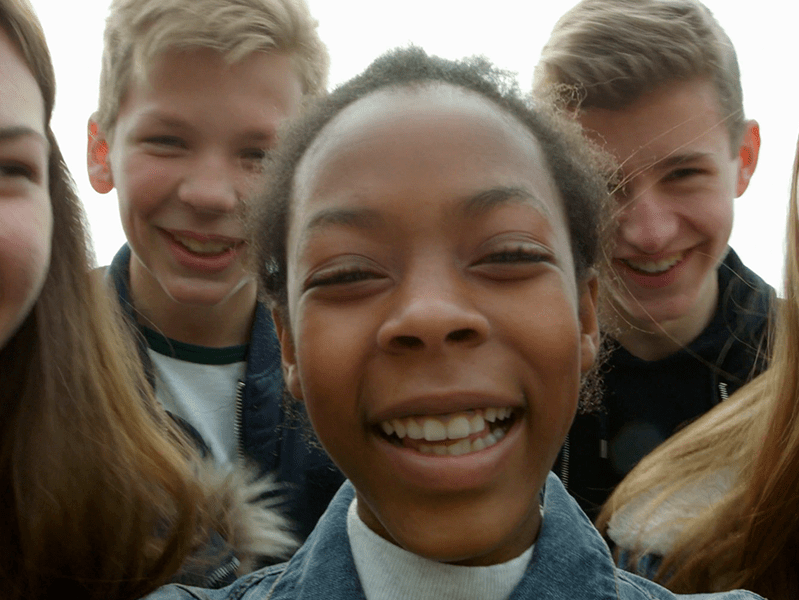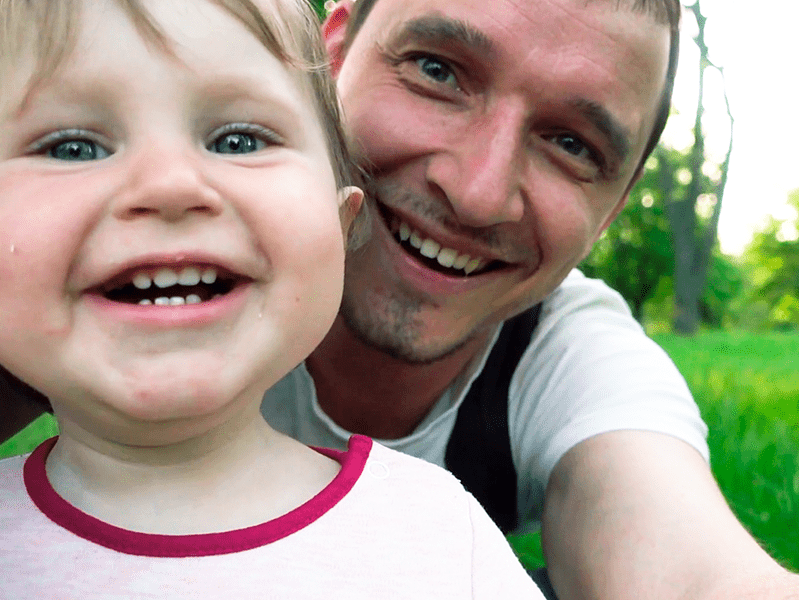Updated: November 12th, 2020
Trolling is defined by the NSPCC as: the sending of menacing or upsetting messages on social networks, chat rooms, or online games.

What Trolling and Cyberbullying Look Like Today
In November 2021, schools across the UK were targeted by TikTok accounts in which pupils rate their teachers. The videos caused “real distress” to those targeted, with some teachers taking sick leave as a result. Some schools have even involved the police, as some of the content was abusive and could constitute as a crime.
Our brief on this incident can be found here.
The Effects of Trolling on Children and Young People
Research conducted in 2018 for the Department for Digital, Culture, Media and Sport (DCMS) found the following impacts of trolling:
If a child or young person in your care is the victim of trolling:
If a child or young person in your care is trolling someone:
Trolling and cyberbullying remain a persistent problem in the online world. Remember to take active steps to educate yourself so that you can better protect the children and young people in your care.
For a useful tool to help children and young people navigate their emotional journeys, teach them to use our Emotions Journal.
Do you receive our Safeguarding Alerts?
Receive regular updates to help you safeguard children in a digital era.

